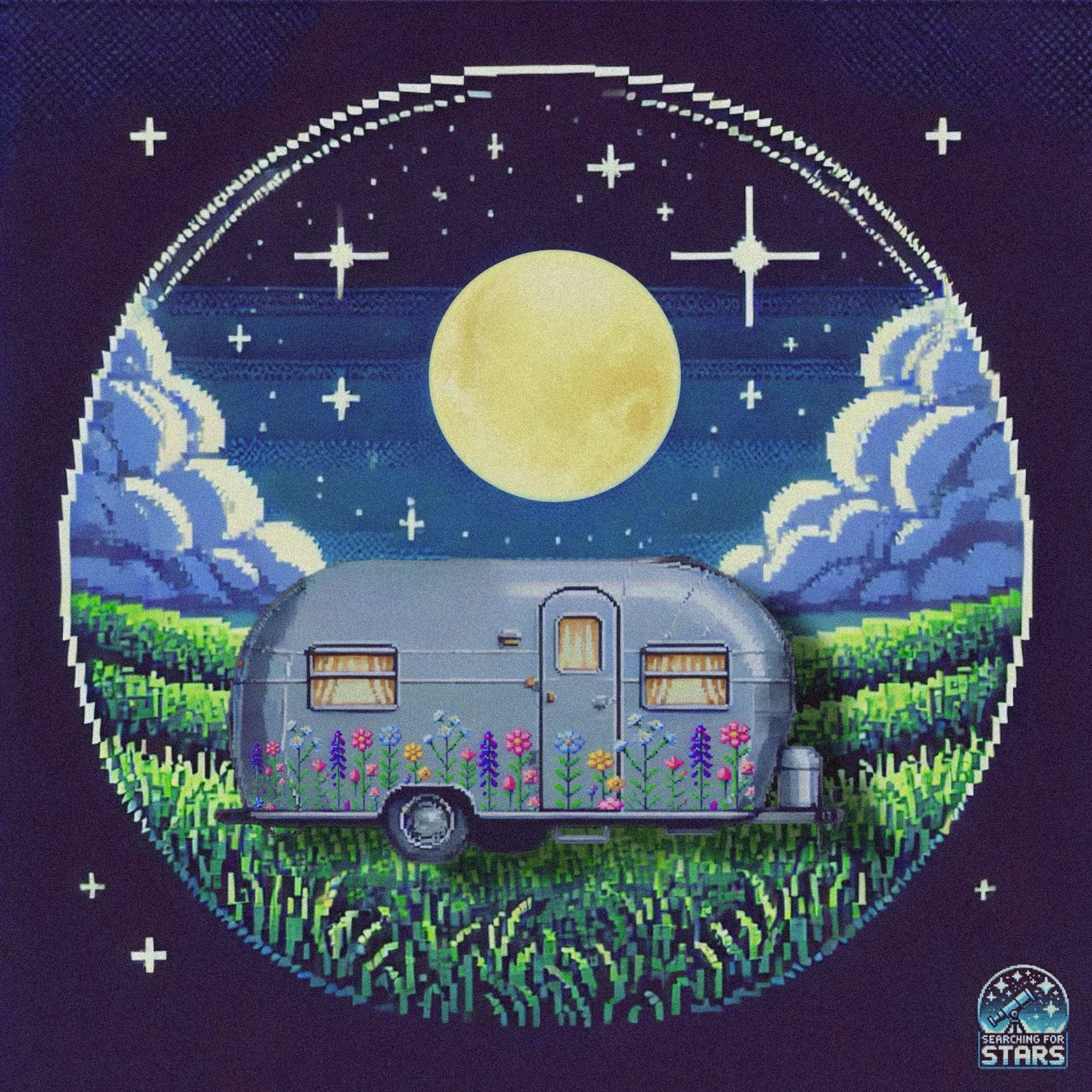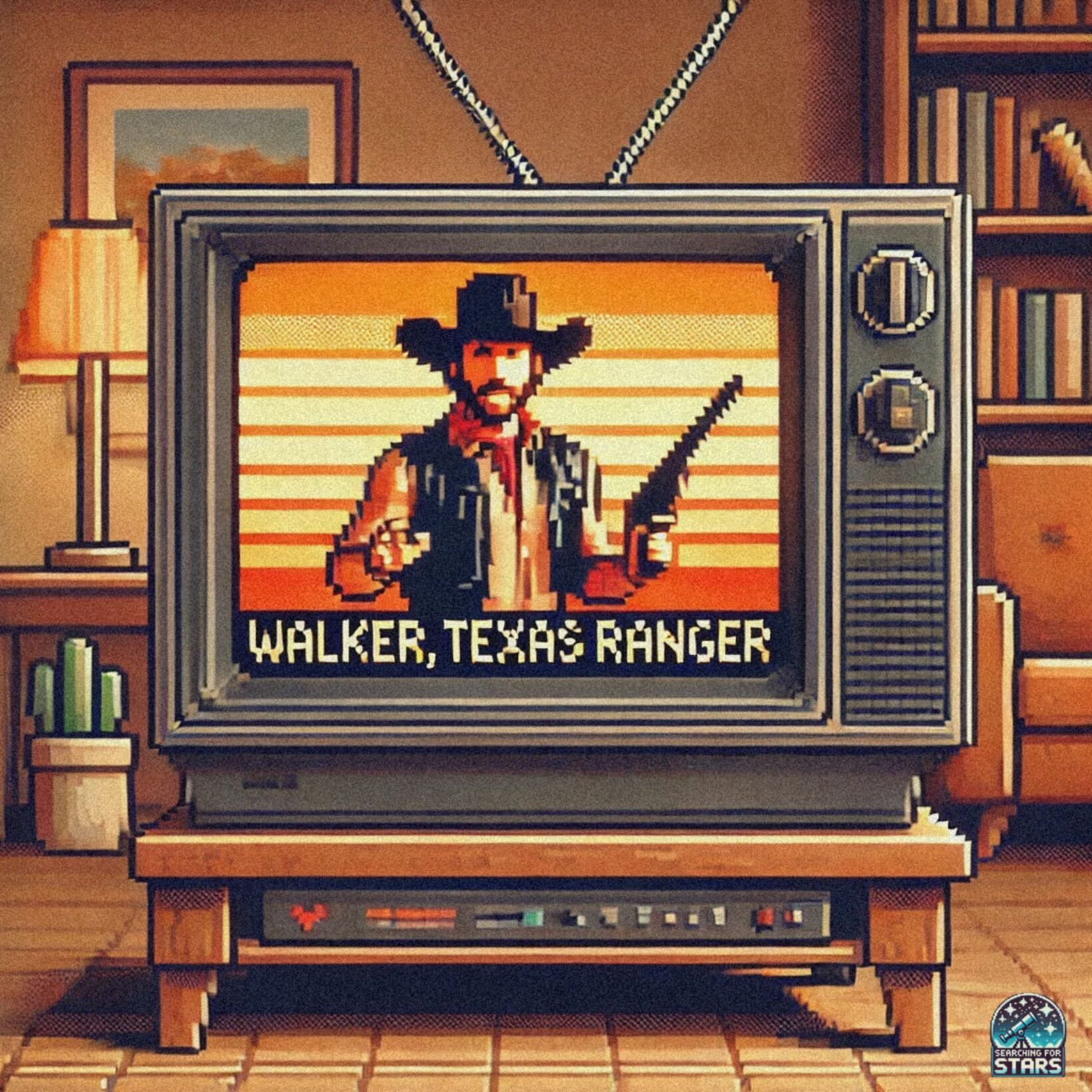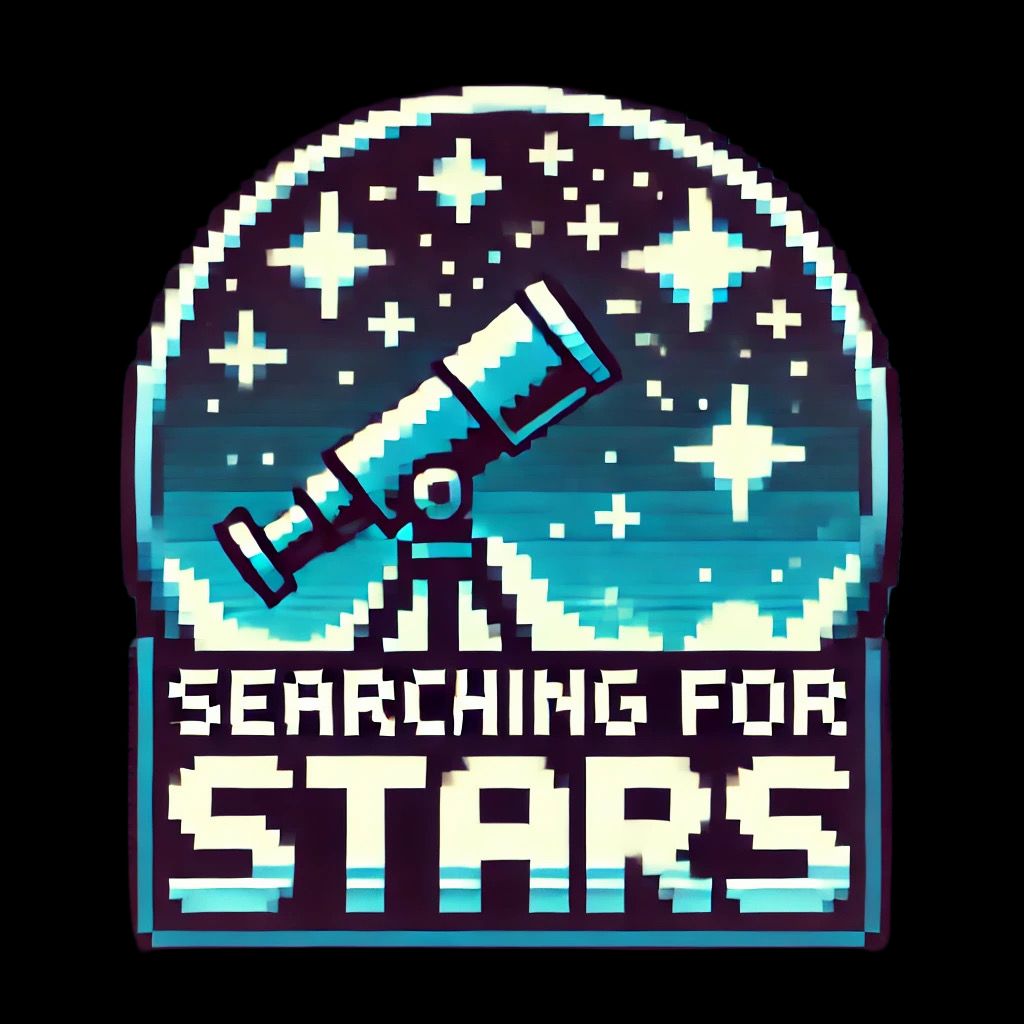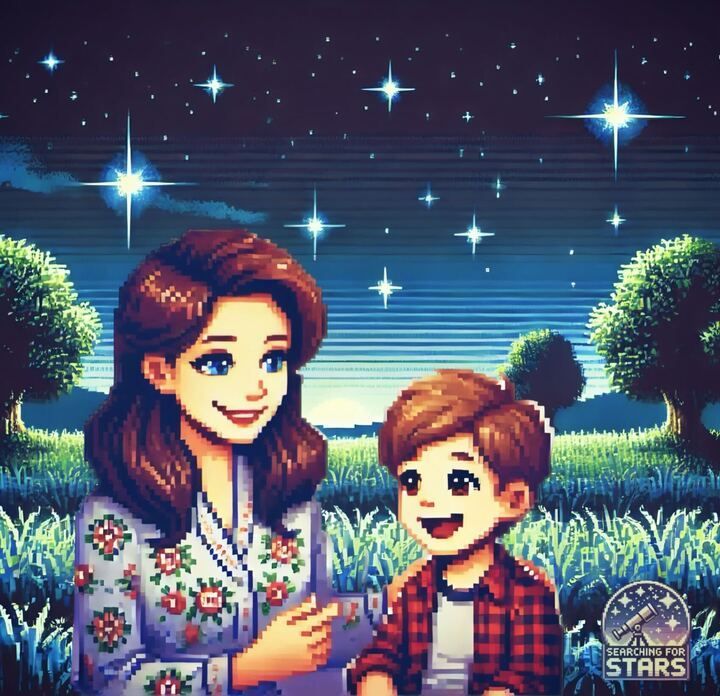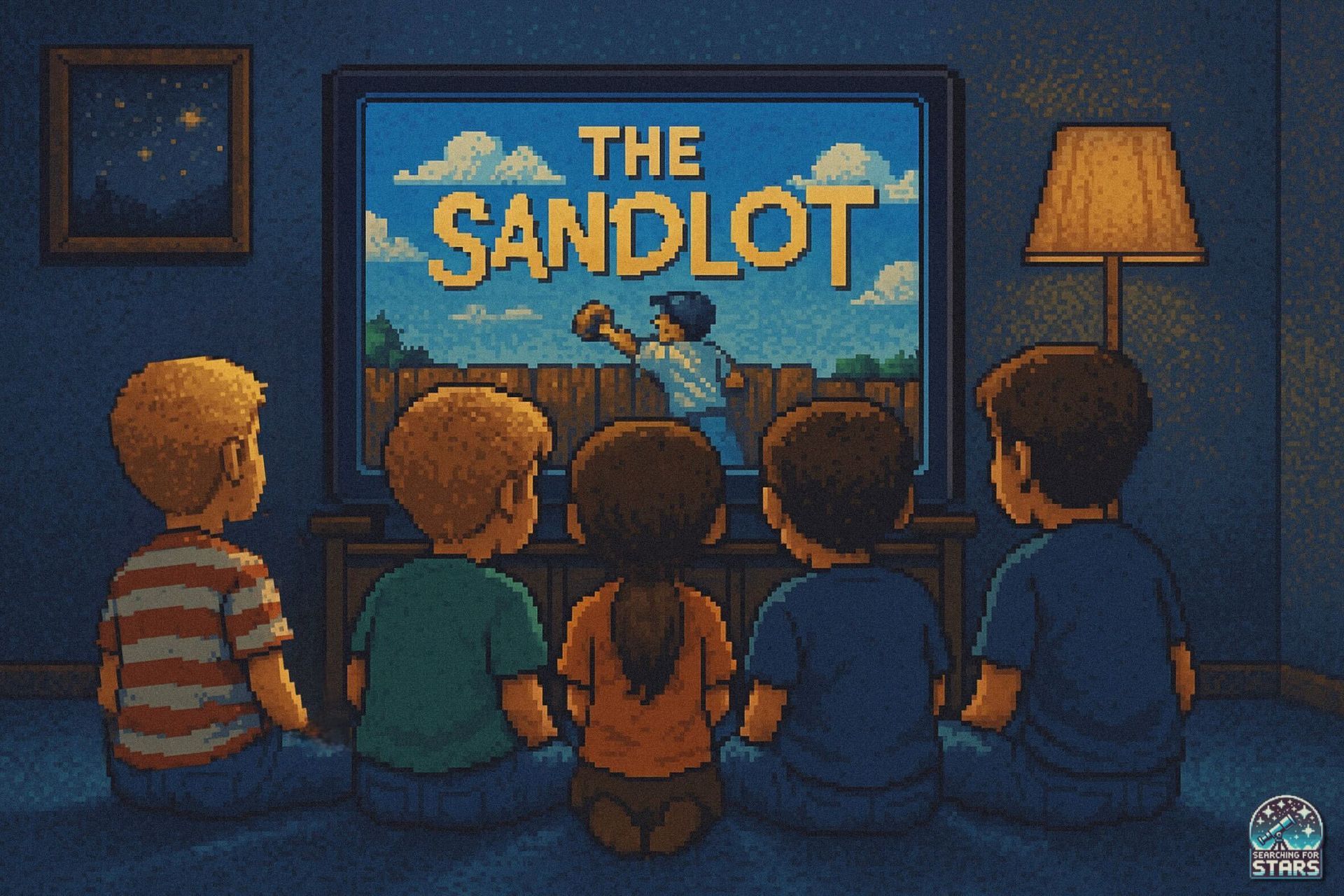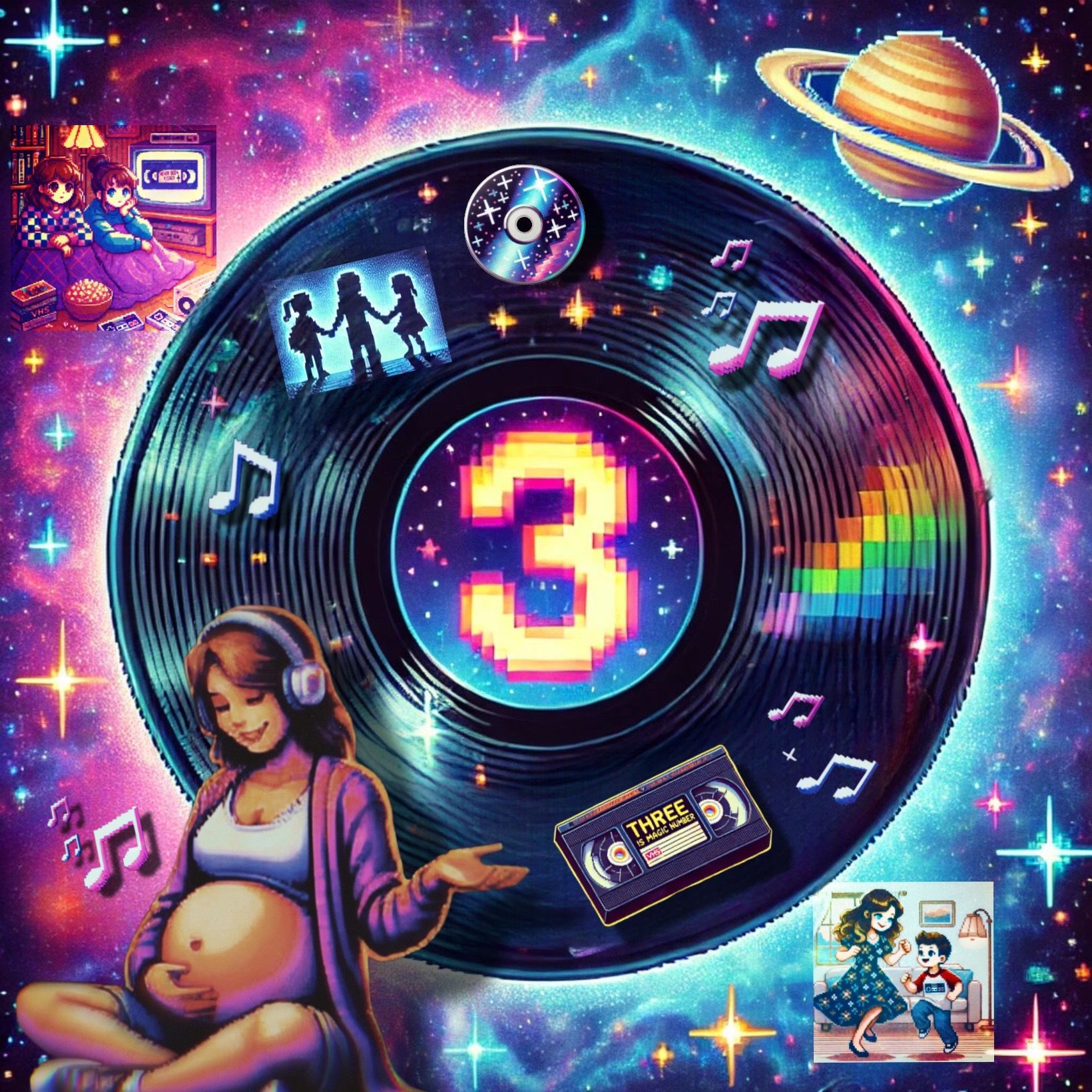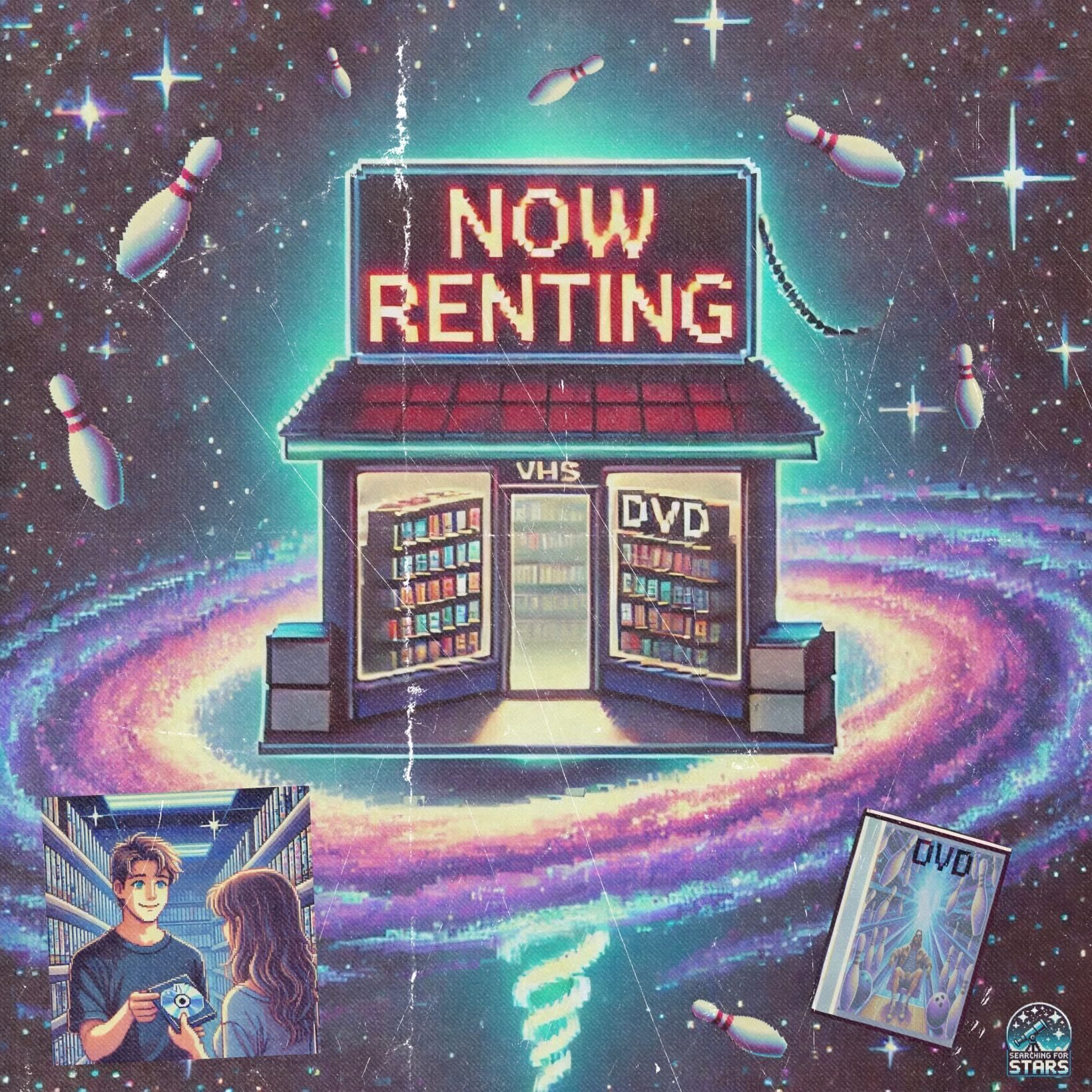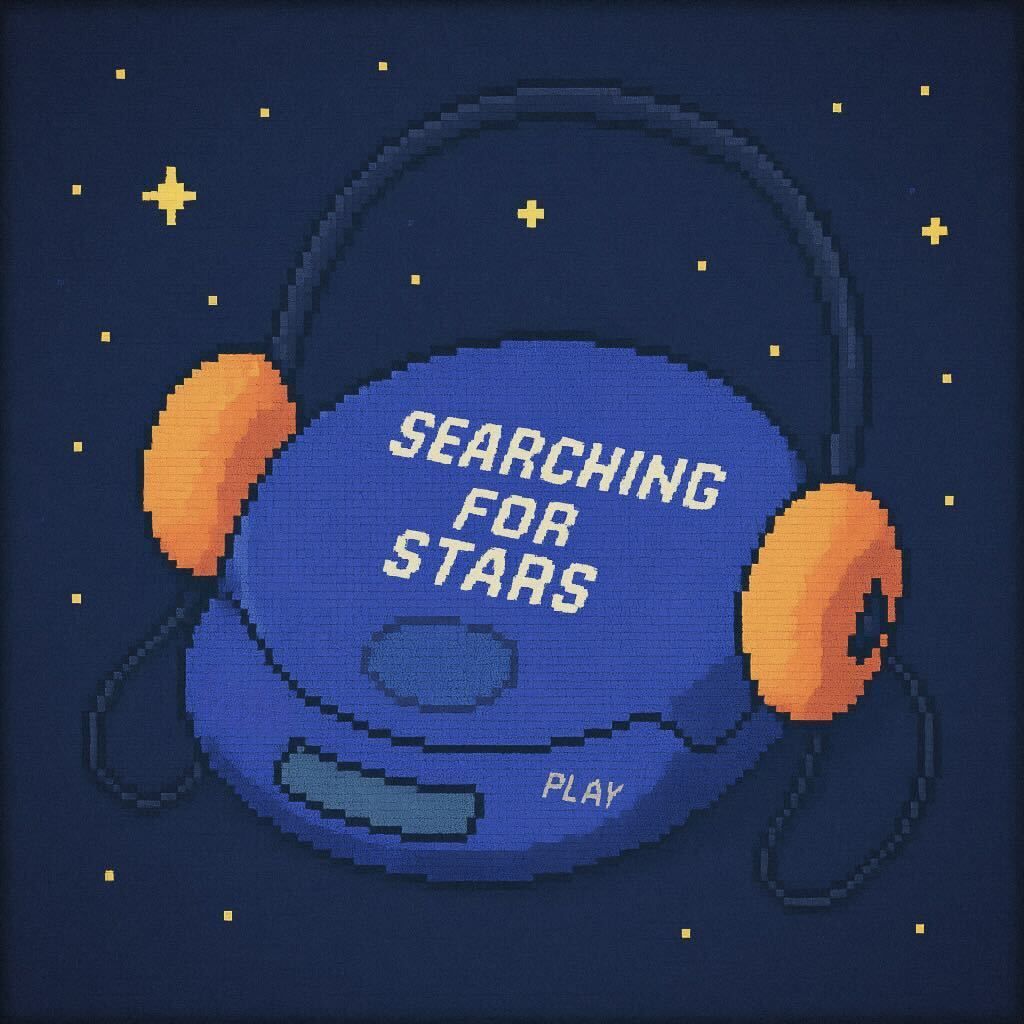Stars: Lost in the Orbit of Sound
Stars: Lost in the Orbit of Sound
Hum: Stars
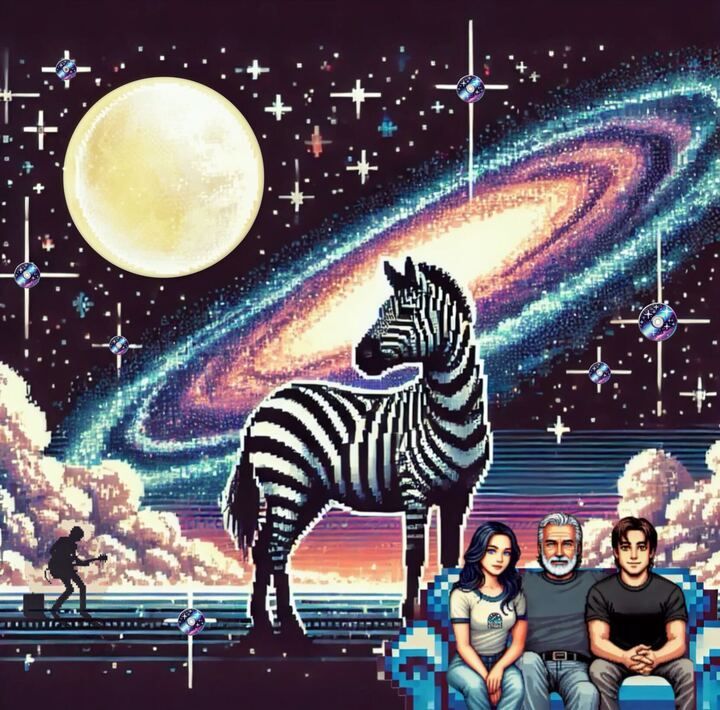
Audio Book Style
The first time I heard Stars by Hum, I was sitting in my brother’s car outside our dad’s house in Lake Charles. It was just after Christmas, and he was about to drive me home to Texas, back to whatever version of reality waited for me there. But for a moment, we were just sitting—him in the driver’s seat, me in the passenger’s—while the thick, hazy distortion of the opening chords filled the car.
I remember feeling the weight of it immediately. The guitars weren’t just loud—they were consuming, like standing too close to something massive, feeling its pull. And yet, floating somewhere above all that heaviness was the voice—distant, detached, almost weightless. It wasn’t like anything I had heard before. It didn’t try to pull me in; it just existed, vast and cosmic, waiting for me to find my own way through it.
Then came the words:
She thinks she missed the train to Mars, she’s out back counting stars.
Something about that line felt like it had been written just for me. I didn’t know why. I was 14, and I didn’t have the life experience yet to understand what it meant to miss something you never really had, but I felt it all the same.
Music, Memory, and the Weight of Sound
Hum’s You’d Prefer an Astronaut had come out years before this moment—back in 1995, when the alternative rock scene was in flux, shifting between the last gasps of grunge and the rise of something more sprawling and atmospheric. They weren’t exactly shoegaze, but they weren’t quite grunge either. Their massive, layered guitars and existential lyrics leaned into space rock territory, creating something heavier, more immersive. Hum was one of those genre-defying bands existing in the space between—a band that built soundscapes as much as songs, layering crushing guitars over melodies that always seemed to be reaching for something just out of grasp.
Stars was their closest thing to a hit, but it never really broke into the mainstream. Instead, it became something better—a song that lived in the margins, passed between people like a secret, like something only those who truly listened could understand.
That’s how I heard it—my brother was the one who opened this world to me, who made sure I wasn’t just consuming whatever played on the radio. He was in a band. He had the kind of taste in music that made everything seem more important. And as I sat there in the car, hearing Stars for the first time, I felt like I had been let in on something bigger than myself.
I wanted to live in the sound of that song. I wanted to understand why it made me feel like I was floating and sinking at the same time.
Distance, Longing, and the Meaning of “Stars”
The lyrics to Stars feel like a dream half-remembered. They don’t tell a straightforward story, but instead, they paint a picture of longing, admiration, and cosmic detachment.
She thinks she missed the train to Mars, she’s out back counting stars.
It sounds like someone watching another person slip away—not in a dramatic way, but in the kind of quiet, inevitable drift that happens without either person realizing it. There’s something beautifully tragic about that image—standing outside, staring at the sky, believing you’ve missed something monumental, but being too lost in thought to move.
At 14, I couldn’t quite explain why that line stuck with me, but I felt it. Looking back, I think I was already beginning to understand what it meant to stand on the outside, watching life shift and slip away. My brother and I had been through so much by then. The first half of our childhood felt steady, familiar—but after our parents’ divorce, everything splintered. Loss became something we recognized too well. Travis. Tommy. Nanny. Trey. Names that once filled our world, now just echoes. We learned young that people don’t always stay, that life has a way of changing without asking permission.
Maybe that’s why Stars felt so big to me. It wasn’t just the sound—it was the feeling of standing in the middle of something massive, trying to make sense of where you belonged inside it.
Built to Spill, Burned CDs, and the Language of Music
Before he left to drive back to Lake Charles, he handed me a stack of burned CDs— Hum, Built to Spill, Cursive, a few others scribbled in Sharpie across the discs. ‘You’ll love these,’ he told me. And he was right.”
If Hum felt like weightlessness inside a crushing atmosphere, Built to Spill felt like motion—loose, sprawling, unpredictable. Where Hum sounded like watching something from a distance, Built to Spill sounded like running straight into it, arms open.
There’s Nothing Wrong with Love became one of my favorite albums of all time, but at 14, I didn’t know that yet. I just knew that this CD in my hands was important. That my brother had given it to me. That this music was going to mean something.
The Gift of Music and the Ones Who Carry It
My brother has always had an ear for music—not just listening to it, but playing it, absorbing it, understanding it in a way most people don’t.
When he was 14, we were at our cousin’s wedding, and a woman was playing the piano. He sat next to her, watched her hands move across the keys, and when she got up, he slid into her seat and played exactly what she had played.
She turned back, surprised. “I thought you said you’ve never played piano?”
“I haven’t,” he said. “I just watched you.”
Some people don’t just play music—they breathe it in, let it live inside them. My brother is one of those people.
Bobby gave me my first guitar. I toyed with the idea of being in a band in high school—picked up a few chords, even convinced myself I might have potential. (Spoiler: I did not.) Some people are born to make music, and some of us are just really good at making mix CDs and overanalyzing lyrics.
The Circling Course of Stars
I don’t know how many times I’ve heard Stars since that first listen in my brother’s car. Maybe hundreds. Maybe more.
When I was 14, Stars made me feel like I was floating through something bigger than myself. Now, even as time passes, the lyrics and the sound still move through me. It’s a quiet kind of peace—standing outside, looking up, knowing the stars are still there.
Music is strange like that. Some songs stay with you, orbiting your life, waiting for the right moment to pull you back in. They become part of your DNA, tangled in the places you’ve been, the people you’ve loved, the memories that never really fade. And when they resurface—sometimes when you least expect it—they remind you of who you are, who you were, and who you’re still becoming.
The body content of your post goes here. To edit this text, click on it and delete this default text and start typing your own or paste your own from a different source.
